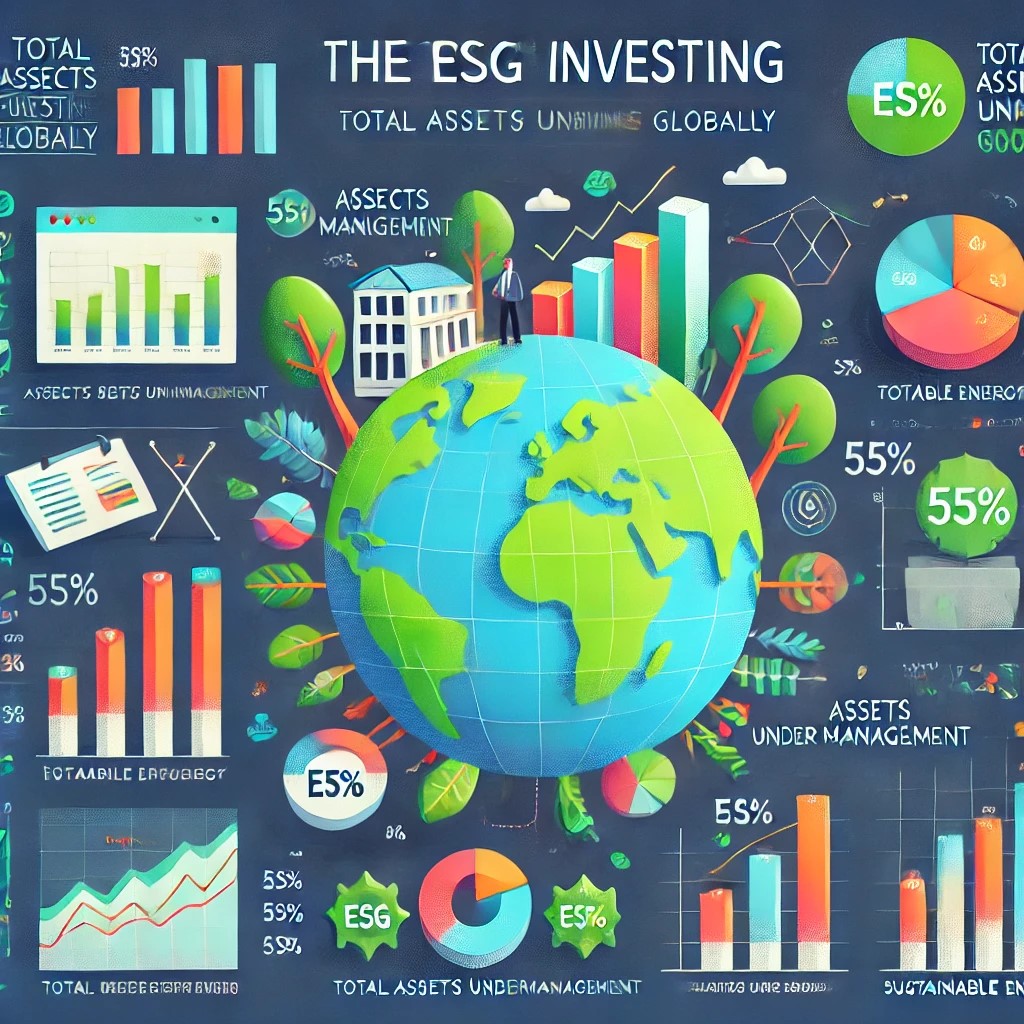In an increasingly interconnected world, global economic shifts have profound implications for financial strategies. Whether driven by geopolitical events, technological advancements, or shifts in consumer behavior, these changes compel businesses and investors to continuously adapt their financial strategies to navigate uncertainty and seize opportunities. This article explores the current trends in global economic shifts and their impact on financial strategies, along with predictions for the future.

Current Trends in Global Economic Shifts
One of the most significant global economic shifts in recent years has been the rise of emerging markets. Countries in Asia, Africa, and Latin America are becoming key players in the global economy, driven by rapid industrialization, urbanization, and a growing middle class. This shift is influencing financial strategies, as businesses and investors look to diversify their portfolios and tap into the growth potential of these regions. Companies are increasingly seeking to expand their operations and investments in these markets to capitalize on the rising demand for goods and services.
Geopolitical tensions and trade dynamics are also reshaping financial strategies. The ongoing trade disputes between major economies, such as the United States and China, have led to supply chain disruptions and increased tariffs. These challenges have prompted companies to reassess their supply chains, seeking to diversify suppliers and reduce dependency on single markets. Investors, too, are becoming more cautious, factoring geopolitical risks into their investment decisions and seeking assets that can provide stability in uncertain times.

Future Predictions
Looking ahead, global economic shifts will continue to play a pivotal role in shaping financial strategies. One prediction is the increasing importance of sustainability in financial decision-making. As climate change and environmental concerns gain prominence, businesses and investors are recognizing the need to incorporate Environmental, Social, and Governance (ESG) criteria into their strategies. This shift towards sustainable finance is expected to grow, with more companies committing to green initiatives and investors favoring assets that align with long-term environmental goals.
Another future trend is the potential for greater regionalization of trade and investment. In response to geopolitical tensions and the fragility of global supply chains exposed by the pandemic, there may be a move towards more regionalized economic systems. Businesses might prioritize closer-to-home production and sourcing, while investors could focus on regional markets that offer stability and resilience. This shift could lead to new opportunities in sectors such as local manufacturing, renewable energy, and infrastructure.

Conclusion
Global economic shifts are reshaping the financial landscape, challenging businesses and investors to adapt their strategies in response to new realities. The rise of emerging markets, digitalization, geopolitical dynamics, and the growing importance of sustainability are all driving changes in financial strategies. Looking to the future, these trends will continue to evolve, with regionalization and technological advancements playing increasingly significant roles. To thrive in this dynamic environment, companies and investors must remain proactive, flexible, and forward-thinking in their approach to financial strategy. The ability to anticipate and respond to global economic shifts will be key to achieving long-term success in the ever-changing world of finance.




